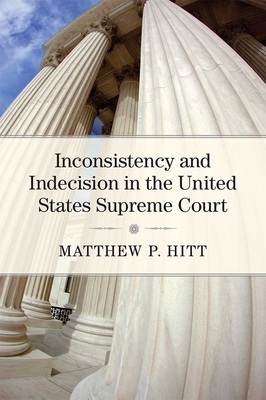Expedite your nonfiction book discovery process with Readara interviews, summaries and recommendations, Broaden your knowledge and gain insights from leading experts and scholars
In-depth, hour-long interviews with notable nonfiction authors, Gain new perspectives and ideas from the writer’s expertise and research, Valuable resource for readers and researchers
Optimize your book discovery process, Four-to eight-page summaries prepared by subject matter experts, Quickly review the book’s central messages and range of content
Books are handpicked covering a wide range of important categories and topics, Selected authors are subject experts, field professionals, or distinguished academics
Our editorial team includes books offering insights, unique views and researched-narratives in categories, Trade shows and book fairs, Book signings and in person author talks,Webinars and online events
Connect with editors and designers,Discover PR & marketing services providers, Source printers and related service providers

Inconsistency and Indecision in the United States Supreme Court
Political Science > American Government - Judicial Branch
- University of Michigan Press
- Hardcover
- 9780472131365
- 9 X 6 X 0.69 inches
- 1.13 pounds
- Political Science > American Government - Judicial Branch
- (Single Author) Asian American
- English
Readara.com
Book Description
Yet a Court that prioritizes resolving many disputes will at times produce contradictory sets of opinions or fail to provide a rationale and legal precedent for its decision at all. In either case, it produces an unreasoned judgment. Conversely, a Court that prioritizes logically consistent doctrine will fail to resolve many underlying disputes in law and society. Inconsistency and Indecision in the United States Supreme Court demonstrates that over time, institutional changes, lobbied for by the justices, substantially reduced unreasoned judgments in the Court's output, coinciding with a reduction in the Court's caseload. Hence, the Supreme Court historically emphasized the first goal of dispute resolution, but evolved into a Court that prioritizes the second goal of logically consistent doctrine. As a result, the Court today fails to resolve more underlying questions in law and society in order to minimize criticism of its output from other elites. In so doing, the modern Court often fails to live up to its Constitutional obligation.
Author Bio
Matthew P. Hitt (Ph.D., The Ohio State University, 2014) is a CSU alumnus (B.A. 2007). He studies judgment and decision making in American politics, primarily in elite institutions. He is interested in how institutional and external factors influence the choices political actors make, especially at the collective level, in Congress, the judiciary, and the bureaucracy. He approaches these questions using observational, experimental, and archival techniques.
He teaches courses such as judicial politics, legislative politics, American politics & government, and quantitative methodology. Methodologically, Hitt’s research interests include time series analysis, causal inference, event history analysis, game theory, and network analysis.
Hitt's research, funded in part by the National Science Foundation, has appeared or is forthcoming in the American Journal of Political Science, American Political Science Review, Energy Policy, International Journal of Public Opinion Research, Journal of Communication, Law & Society Review, Political Communication, Presidential Studies Quarterly, Public Opinion Quarterly, and Studies in American Political Development.
His book, Inconsistency and Indecision in the United States Supreme Court is available from the University of Michigan Press. He has also co-authored a book on time series analysis published by Cambridge University Press. Hitt's doctoral dissertation was awarded the 2015 Edward S. Corwin prize for best dissertation in public law by the American Political Science Association.
Source: Colorado State University Department of Political Science
Videos
No Videos
Community reviews
No Community reviews

